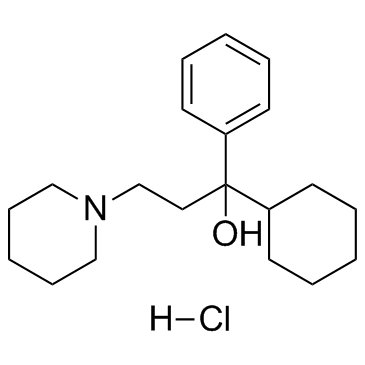Continuation of ECT after recovery from transient, ECT-induced, postictal cortical blindness.
Sushma Sonavane, Vivek Bambole, Abha Bang, Nilesh Shah, Chittaranjan Andrade
Index: J. ECT 28(1) , 48-9, (2012)
Full Text: HTML
Abstract
Transient, postictal cortical blindness is a rare adverse effect of electroconvulsive therapy (ECT). There is no information on the safety of continuation of ECT in patients who recover from ECT-induced cortical blindness.An 18-year-old woman with paranoid schizophrenia experienced cortical blindness immediately after her first bifrontotemporal ECT treatment. There was complete, spontaneous recovery of vision after 6 hours. Neurological examination, computed tomography of the brain, and electroencephalographic study revealed no abnormality. A combination of circumstances suggested that continuation of ECT was desirable. After clearances from neurological and ophthalmological teams, she received 6 more ECT treatments, starting 9 days after the first.After resumption of ECT, there was marked improvement in psychopathology across the ECT course. There was no recurrence of visual symptoms.Patients who experience transient, ECT-induced, postictal cortical blindness may not necessarily experience the same adverse effect on rechallenge with ECT.
Related Compounds
| Structure | Name/CAS No. | Molecular Formula | Articles |
|---|---|---|---|
 |
Benzhexol hydrochloride
CAS:52-49-3 |
C20H32ClNO |
|
Gingival pain: an unusual side effect of ziprasidone.
2013-01-01 [BMJ Case Rep. 2013 , doi:10.1136/bcr-2012-007577, (2013)] |
|
A misguided 'pill in the pocket' approach with flecainide le...
2012-01-01 [BMJ Case Rep. 2012 , doi:10.1136/bcr-2012-006868, (2012)] |
|
DYT16: the original cases.
2012-10-01 [J. Neurol. Neurosurg. Psychiatr. 83(10) , 1012-4, (2012)] |
|
Management of status dystonicus in children. Cases report an...
2012-07-01 [Eur. J. Paediatr. Neurol. 16(4) , 390-5, (2012)] |
|
An anticholinergic reverses motor control and corticostriata...
2012-01-15 [Behav. Brain Res. 226 , 465-72, (2012)] |